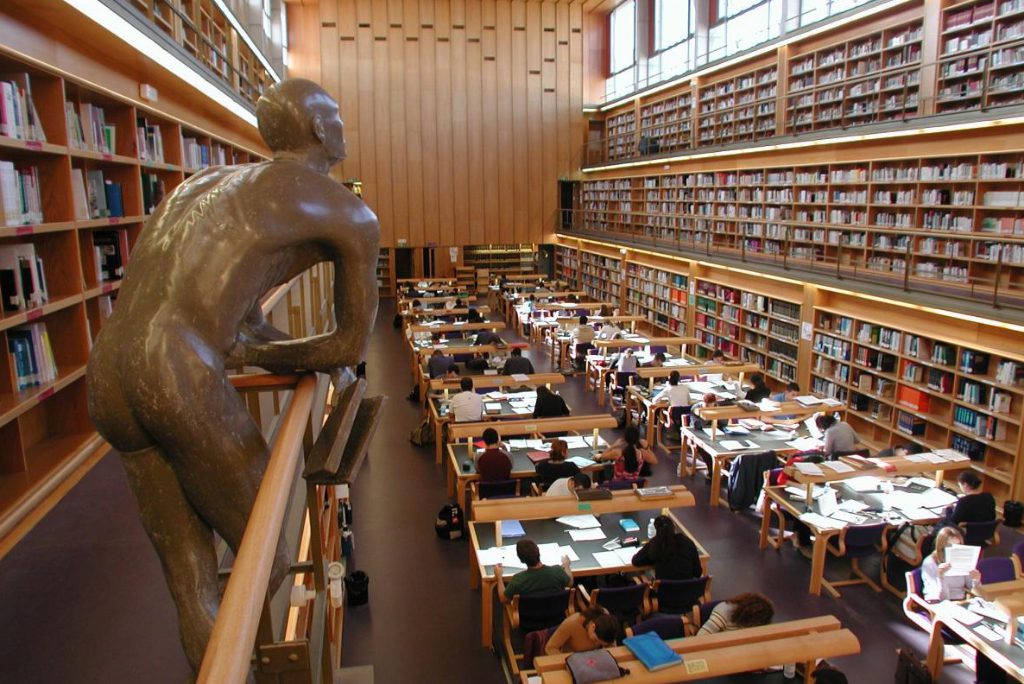Amadeus' First Travel Tech School Will Open Soon on Spain's Canary Islands

Skift Take
Amadeus will soon open an educational program for travel careers at the University of Las Palmas de Gran Canaria. The plan is for employees and professors to use virtual reality tools and other technology to train students. If it works, it could address a yawning skills gap in the labor market.
Many university students who seek to work in the travel sector confront jobs transformed by new technologies and operational practices. Yet traditional educational programs for degrees in hospitality, tourism, and computer science often aren't up to date about "real world" business realities.
Riding into the breach is Amadeus. The Madrid-based travel tech giant is creating a kind of travel career education program to supplement instruction at the University of Las Palmas de Gran Canaria (ULPGC) on Spain's Canary Islands.
Travel Tech School (TTS) by Amadeus will operate starting in March within the top-ranked university, which has several tourism- and technology-related majors.
"One of the key objectives is to make sure that the t

